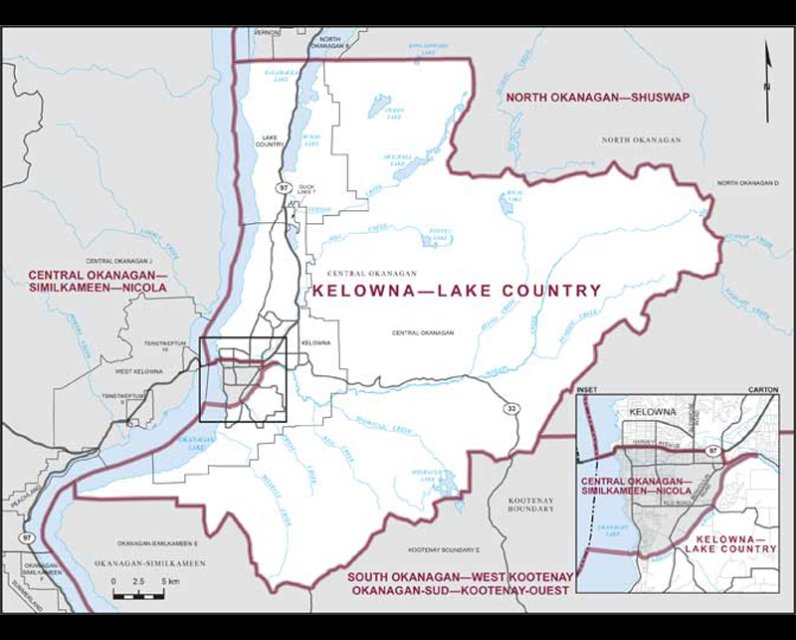Unpublished Opinions
A politics of desperation rather than cooperation

On July 16, members of Kelowna-Lake Country’s Green Party voted to nominate Gary Adams as their candidate. As the “cooperation” candidate, he stepped down immediately and endorsed the Liberal candidate Stephen Fuhr to take over. This is being celebrated far and wide as a moment of authentic political cooperation and a harbinger of the strategic unseating of Stephen Harper.
As a person who was heavily involved in the cooperation project in its early days, I need to say the agreement struck between the Greens and Liberals has less of a Kumbaya flavour than one of desperation.
On the national stage, the Liberals have been progressively tanking in the polls for months, and locally, they’ve never been within striking distance of Conservative MP Ron Cannan.
At least as important, the Liberal policy of whipping its MPs is what allowed the Liberals to agree to cooperation from the start.
Although the proponents of cooperation today point to the new Liberal policy that would free MPs from whipping except on votes involving the election platform, budget measures, and Charter issues, the policy was released on July 16, many months after the Liberals envisioned “cooperation” as coerced conformity to the dictates of the Liberal leadership.
Proponents also make much of the memorandum of understanding outlining terms for political representation of the Greens, but as a non-binding contract, it’s as good as any set of promises made in a tight spot.
Moreover, the language of the MOU involving “advocacy” of the Green platform and “advancement” of Green policy seems to have shifted to the language of mere consultation. As reported by Alistair Waters on July 17, the day after the Green nomination meeting, Fuhr will “consult” with local Greens if elected. He will “consult” with both the local Liberal and Green Party riding associations before voting in the House.
Proponents of cooperation understand there will be policy differences between the two parties, but they have confidence Fuhr will refer to “evidence-based policy-making” when navigating such differences.
As a test of this concept, one could think about the area of trade, where the Green Party supports fair trade, doesn’t support investor-state dispute mechanisms, and wants all existing bi-lateral trade agreements, including NAFTA, to be re-negotiated to observe principles that protect human rights, workers’ rights, jobs, community rights, and the environment.
The Liberals, on the other hand, have supported all the free trade and investment agreements that the Green Party find problematic, including the China-Canada FIPA, CETA and the TPP.
How will an evidence-based approach to policy-making work in the probable situation where the Liberals will want to ratify CETA or approve the TPP?
What does this concept actually mean in the complicated policy areas and zones of inter-party conflict Fuhr will be immersed in if he makes it to Ottawa?
Drilling down to the candidate himself, he’s described himself as a lifelong Conservative who switched to the Liberals over the F-35 procurement debacle. Throughout these days of cooperation, he’s said he also identifies with Green values and policies.
But reported on July 17 by Althia Raj, he described himself as a past “progressive and fiscal conservative” and a present “blue Liberal.” Reported by Kyle Duggan the same day, he identified with his “long-time conservative values” which he plans on marketing to Conservatives.
Let that sink in. Hitting the campaign trail, Fuhr is not going to be marketing Green values or even blue-Liberal values (whatever they might look like) to voters. He’s going to be marketing Conservative values or conservative values, take your pick.
And so I think a warning should be sounded to the political community and more generally around the internet, where all the partying is underway. Cooperation is to be valued as a philosophical and political stance and as a strategy to defeat Harper, but we have to be more careful than this when we settle into inter-party agreements.
The practice of accepting first takers of an offer to cooperate, as occurred in Kelowna, is the pinnacle of political naiveté.



Comments
Be the first to comment